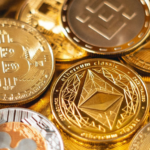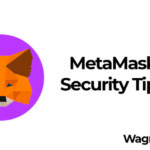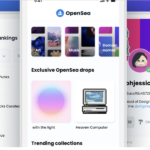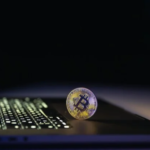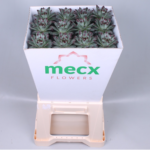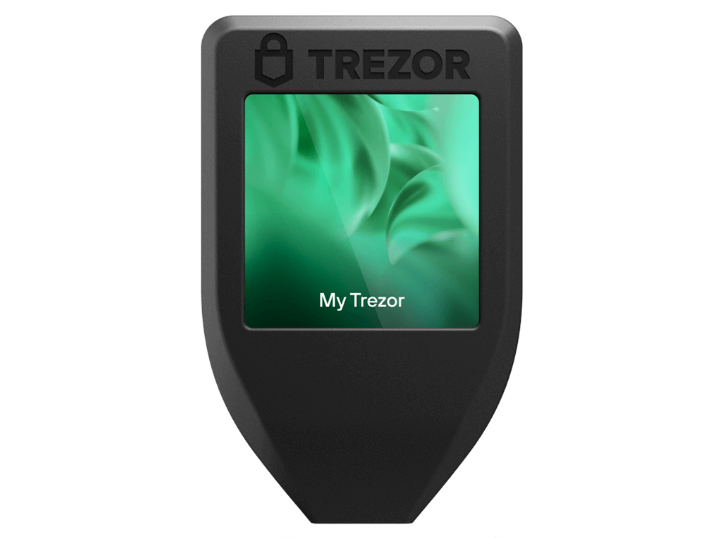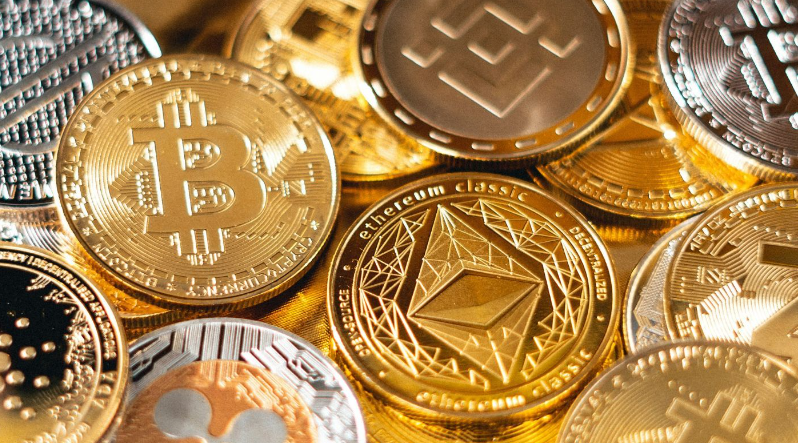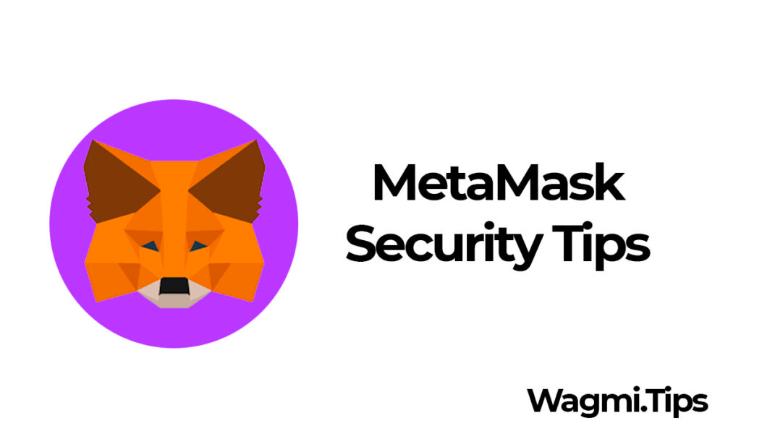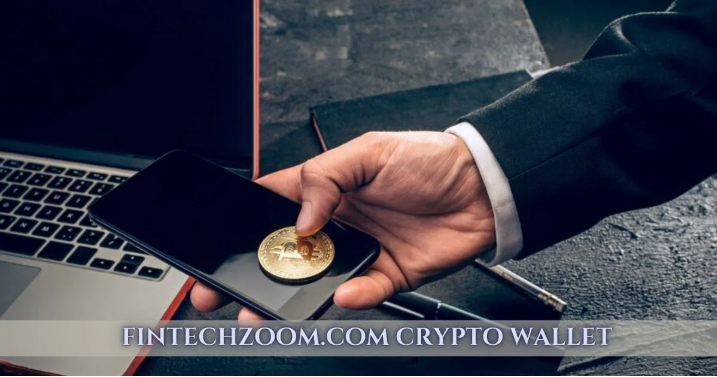Can my uniswap wallet be traceable? This is a common question many cryptocurrency users ask when they first begin using hardware wallets like the uniswap. A uniswap wallet is designed to keep your cryptocurrency safe and private, but is it truly untraceable? In this post, we will explain how a uniswap works and whether your transactions can be tracked by others.
While uniswap wallets are very secure, it’s important to know that cryptocurrency transactions, including those made with uniswap, are still visible on the blockchain. Blockchains are public ledgers, which means that while your wallet address is secure, the transactions made through it can be observed. However, this doesn’t mean that anyone can easily trace your identity. We will discuss more on how you can protect your privacy while using uniswap.
What is a uniswap Wallet and How Does It Work?
can my uniswap wallet be traceable is a hardware device that stores your cryptocurrency safely. It is designed to keep your digital assets secure from hackers and online threats. The uniswap wallet works by keeping your private keys offline. This means no one can access your cryptocurrency unless they physically have the device and the correct PIN or recovery phrase. It provides an extra layer of security compared to online wallets.
uniswap works by using a process called «cold storage.» This means your private keys are stored on the device, disconnected from the internet. When you want to make a transaction, you connect your uniswap wallet to a computer or phone. However, the important thing is that the private keys stay safe within the device and are not exposed to the internet. This makes uniswap one of the safest ways to store cryptocurrencies.
Can My uniswap Wallet Be Tracked by Others?
Can my uniswap wallet be traceable? This is a concern many users have. In simple terms, yes, cryptocurrency transactions can be tracked on the blockchain. Blockchain technology records all transactions and makes them publicly visible. This means anyone can see which wallet addresses are sending or receiving cryptocurrency, but they cannot easily see who owns the wallets.
However, just because the transactions are public doesn’t mean your identity is exposed. uniswap itself does not share personal information unless you choose to connect it to an account with personal details. For example, if you make a transaction using an exchange that requires identification, your identity could be linked to your uniswap wallet. But if you keep your transactions private, the blockchain will only show the wallet addresses involved, not your personal details.
How Blockchain Makes Your Transactions Public
The blockchain is a public ledger that records every cryptocurrency transaction. Every time a transaction happens, it is added to a «block» and linked to the previous block, creating a chain. This is why it’s called «blockchain.» The public nature of the blockchain means that anyone can check the details of past transactions, including those made with a uniswap wallet.
While the blockchain is transparent, it doesn’t automatically reveal who owns a wallet. Instead, it shows the wallet address and the transaction details. In other words, even though the transaction is visible, identifying the owner behind a wallet address requires more information, such as IP addresses or links to personal accounts. This is why using a uniswap wallet can help keep your identity hidden if you take precautions.
How to Improve Your Privacy with a uniswap Wallet
Improving privacy with your uniswap wallet involves several steps. First, consider using privacy-focused cryptocurrencies like Monero or Zcash. These currencies are designed to keep transaction details private. You can also use Tor (The Onion Router) to mask your IP address while making transactions. Tor helps prevent your IP address from being linked to your wallet address.
Another way to protect your privacy is by using a different wallet address for each transaction. This makes it harder for others to link multiple transactions to the same wallet. Lastly, avoid using centralized exchanges that require identification. By using decentralized exchanges or peer-to-peer platforms, you can keep your identity private while still trading cryptocurrencies.
Is It Possible to Trace Transactions from My uniswap Wallet?
While uniswap itself does not make your wallet traceable, the blockchain does. Cryptocurrency transactions are recorded on the blockchain, and anyone can see the transaction history. This means that, in theory, someone could trace a transaction from your uniswap wallet to another wallet address. However, without additional information, such as IP addresses or personal details, they will not know who owns the wallet.
To avoid being traced, it’s important to use privacy-enhancing tools and practices. For example, you can use CoinJoin, which is a method of mixing multiple transactions to obscure the original source. This helps protect your privacy and makes it harder for others to trace the transaction back to you. By combining several privacy measures, you can significantly improve the security of your uniswap wallet.
The Role of IP Addresses in Crypto Tracking
When you use your uniswap wallet, your IP address can be an important factor in tracking your transactions. If you use a regular internet connection without masking your IP address, websites or blockchain explorers may track your location or link your address to your real identity. This is why using a VPN (Virtual Private Network) or Tor is recommended when making transactions.
Using a VPN hides your IP address by routing your internet traffic through a different server. This helps protect your location and identity from being tracked. Tor, on the other hand, is a free tool that provides even more privacy by bouncing your internet connection through several random nodes. Both of these options help keep your uniswap wallet’s transactions private and untraceable.
What Can You Do to Stay Anonymous with Cryptocurrency?
Staying anonymous while using cryptocurrency requires more than just using a uniswap wallet. You should also follow best practices to ensure your privacy is protected. As mentioned earlier, using Tor or a VPN when making transactions can help keep your identity hidden. Another important step is to never share your private keys or recovery phrases with anyone.
Additionally, consider using privacy coins like Monero, which are specifically designed to make transactions untraceable. Avoid connecting your wallet to accounts that require personal identification. By following these steps, you can enjoy greater privacy and make it much harder for anyone to trace your cryptocurrency transactions back to you.
uniswap Wallet vs. Other Wallets: Which Is More Secure?
uniswap is one of the most secure hardware wallets on the market, but how does it compare to other wallets? Hardware wallets like uniswap offer more protection than software wallets because they store your private keys offline. This makes it much harder for hackers to access your funds.
Compared to mobile or desktop wallets, uniswap provides a higher level of security because it is not connected to the internet all the time. This is especially important when you are storing large amounts of cryptocurrency. While other wallets may offer convenience, uniswap cold storage system is the safest option for long-term storage.
Does Using a uniswap Wallet Ensure Full Anonymity?
While uniswap provides excellent security, it does not automatically ensure full anonymity. The blockchain can still expose your transactions to the public. However, by using privacy-focused coins, decentralized exchanges, and other tools like Tor, you can greatly enhance your privacy. It is essential to remember that anonymity is not guaranteed unless you take additional steps to protect your identity.
uniswap helps keep your cryptocurrency safe from theft, but the public nature of the blockchain means that anyone can see the transactions made from your wallet. By being mindful of how you use your uniswap wallet and taking extra privacy measures, you can keep your transactions as anonymous as possible.
What Are the Risks of Not Protecting Your uniswap Wallet’s Privacy?
Not protecting your uniswap wallet’s privacy can lead to several risks. First, others could trace your transactions back to you, especially if you use centralized exchanges or don’t mask your IP address. This could lead to unwanted attention or even theft if your wallet address is linked to your real identity.
Without proper privacy measures, hackers or malicious actors may be able to identify your wallet and target you for phishing attacks or other scams. It’s crucial to take steps to secure your privacy when using a uniswap wallet, as it can help keep your cryptocurrency safe from theft or fraud.
Conclusion
while uniswap provides excellent security for your cryptocurrency, it is important to remember that your transactions are still visible on the blockchain. uniswap itself does not make your wallet traceable, but the public nature of the blockchain means that your transactions can be seen by anyone.
To enhance your privacy, it is recommended to use privacy tools such as Tor, a VPN, and privacy-focused cryptocurrencies. By following these steps, you can help ensure that your uniswap wallet remains secure and your transactions remain as private as possible.
FAQs
Q: Can my uniswap wallet be traced?
A: While uniswap keeps your private keys safe, the blockchain records your transactions, which means they can be traced, but your identity is not automatically revealed.
Q: How can I hide my IP address when using uniswap?
A: You can use a VPN or Tor to hide your IP address and increase your privacy while making transactions.
Q: Is uniswap completely anonymous?
A: No, uniswap offers security but does not guarantee complete anonymity. You need to take additional steps like using privacy coins to stay anonymous.
Q: Can someone steal my cryptocurrency from my uniswap wallet?
A: It is very hard for someone to steal from a uniswap wallet unless they have physical access to the device and your recovery phrase.
Q: How can I protect my uniswap wallet from being traced?
A: Use privacy tools like Tor or VPN, and avoid linking your wallet to accounts that require personal identification.
Q: Are there any privacy-focused alternatives to uniswap?
A: Yes, you can use privacy coins like Monero or Zcash, which are designed to protect your transaction details and identity.
